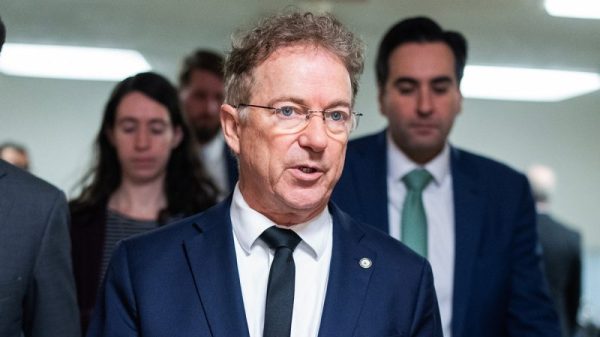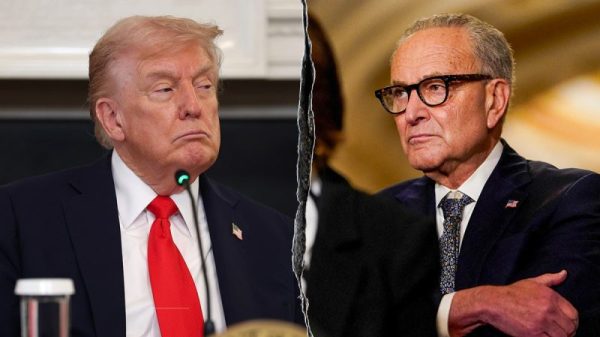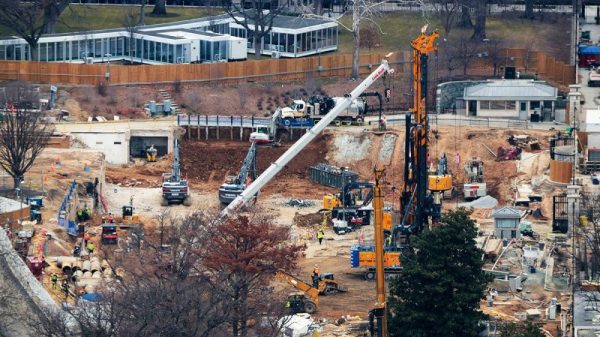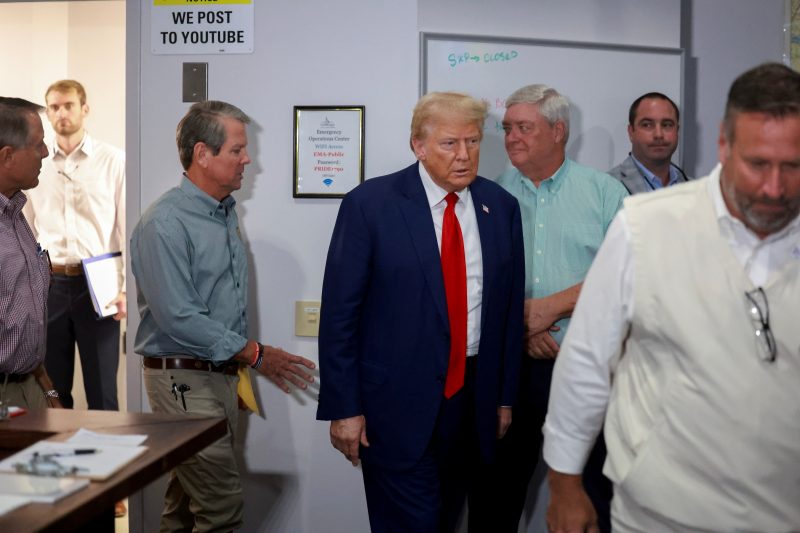In times of natural disasters, leadership and information accuracy are paramount. However, the handling of such situations is often marred by misinformation, which can have dire consequences for both the affected individuals and the overall response efforts. Specifically, amidst various natural disasters that struck the United States during the presidency of Donald Trump, a pattern of peddling misinformation emerged, raising questions about the effectiveness and sincerity of the administration’s disaster responses.
Misinformation has the potential to exacerbate the impacts of natural disasters by spreading false narratives, creating confusion, and hindering timely and appropriate actions. Trump’s approach to addressing natural disasters, characterized by a tendency to disseminate inaccurate information, underscores the need for clear communication and transparency during crises.
During Hurricane Maria’s aftermath in Puerto Rico, for instance, Trump disputed the official death toll, claiming baselessly that only a small number of people had died as a result of the disaster. This misinformation not only downplayed the severity of the situation but also undermined the credibility of the government’s response efforts. By disregarding factual information and promoting misleading narratives, the administration failed to provide the necessary support and resources to the affected communities.
Moreover, Trump’s handling of wildfires in California further highlighted his propensity for misinformation. By falsely attributing the fires to poor forest management practices while ignoring the role of climate change, Trump not only misled the public but also demonstrated a lack of understanding of the complex factors contributing to the wildfires. Such misinformation not only diverted attention from crucial issues but also hindered the implementation of effective mitigation strategies.
In the face of natural disasters, leadership must prioritize accurate information, scientific evidence, and coordinated response efforts. The propagation of misinformation, as exemplified by Trump’s responses to various disasters, not only erodes public trust but also jeopardizes the safety and well-being of those affected by such events. Moving forward, it is essential for leaders to uphold the principles of honesty, transparency, and accountability to ensure effective disaster responses and mitigate the harmful effects of misinformation.






















